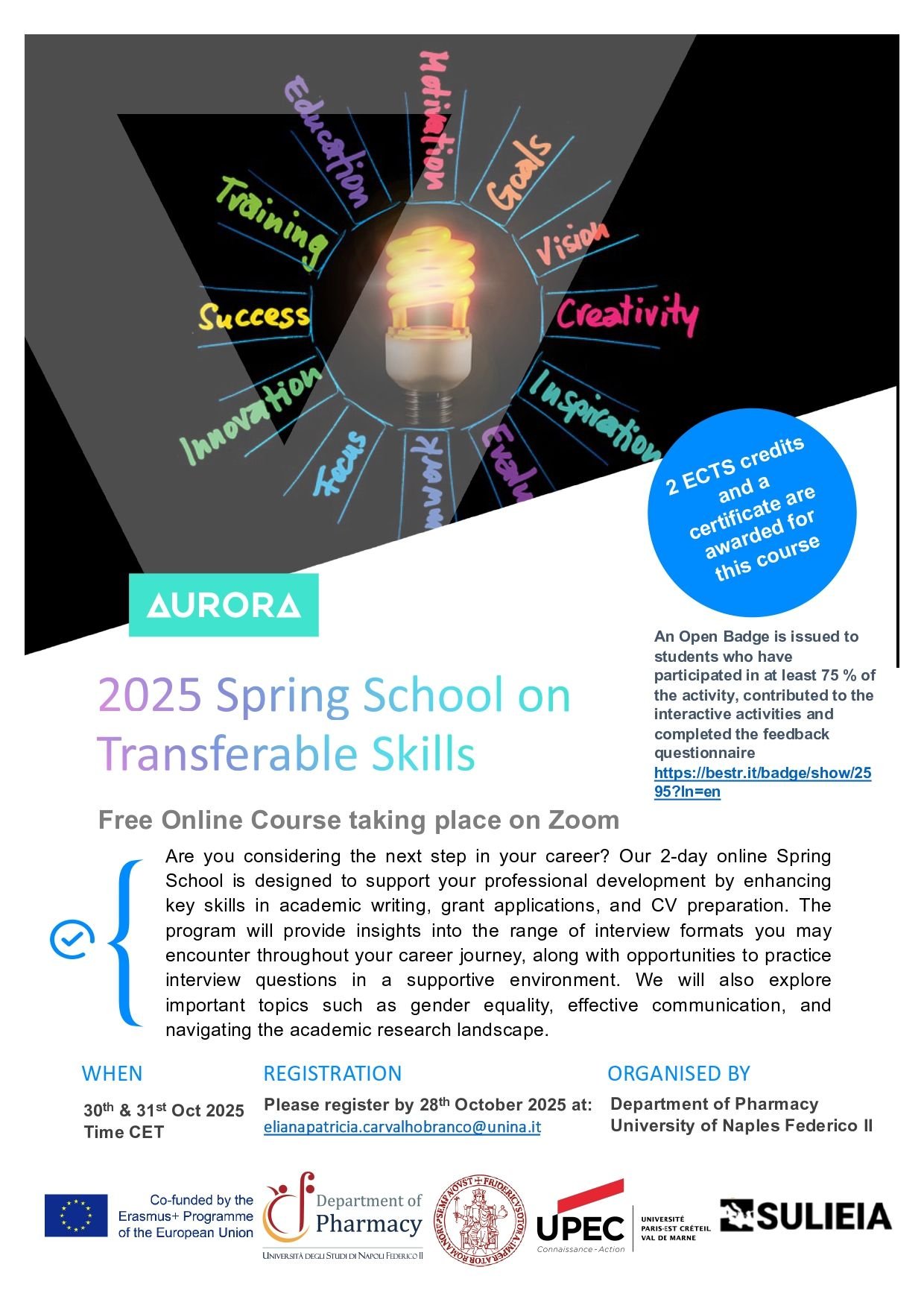VU Winter School – Climate Change, Migration and Social Control
This course starts with the premises of growing climate-induced migration and reveals new and old forms of migration management. Theoretically, we engage with the literature on slow violence, such as humans’ and non-humans (forced) mobility due to ecological changes and the dynamics of power and knowledge related to multi-layered injustices in the Anthropocene.
Course Format
- Dates: 19-23 January 2026
- Attendance: Online only
- Form of tuition: Interactive lectures, group work and self-study
- Form of assessment: Short group assignment and individual written assignment
- Language of instruction: English
- See the course curriculum
Selection Procedure
If you are a student interested in participating, please contact your local Aurora office. Each Aurora university may select two students for tuition fee waivers (application deadline: 15 December 2025). Universities can use a waitlist, and after the deadline we will inform you if we are able to accept more than two students from your institution. Please send nominations to internationalrelations@vu.nl. Additional students are welcome; the VU discounted fee also applies to them.
About VU Graduate Winter School
The VU Graduate Winter School offers a focused, high-quality academic experience designed for Master’s or PhD candidates who want to strengthen their research and professional skills. All courses are small-scale and intensive, taught in English by experienced VU Amsterdam lecturers. Designed for participants with at least a master’s degree in a relevant field, all courses are tailored to meet the advanced needs of researchers and early-career specialists.


